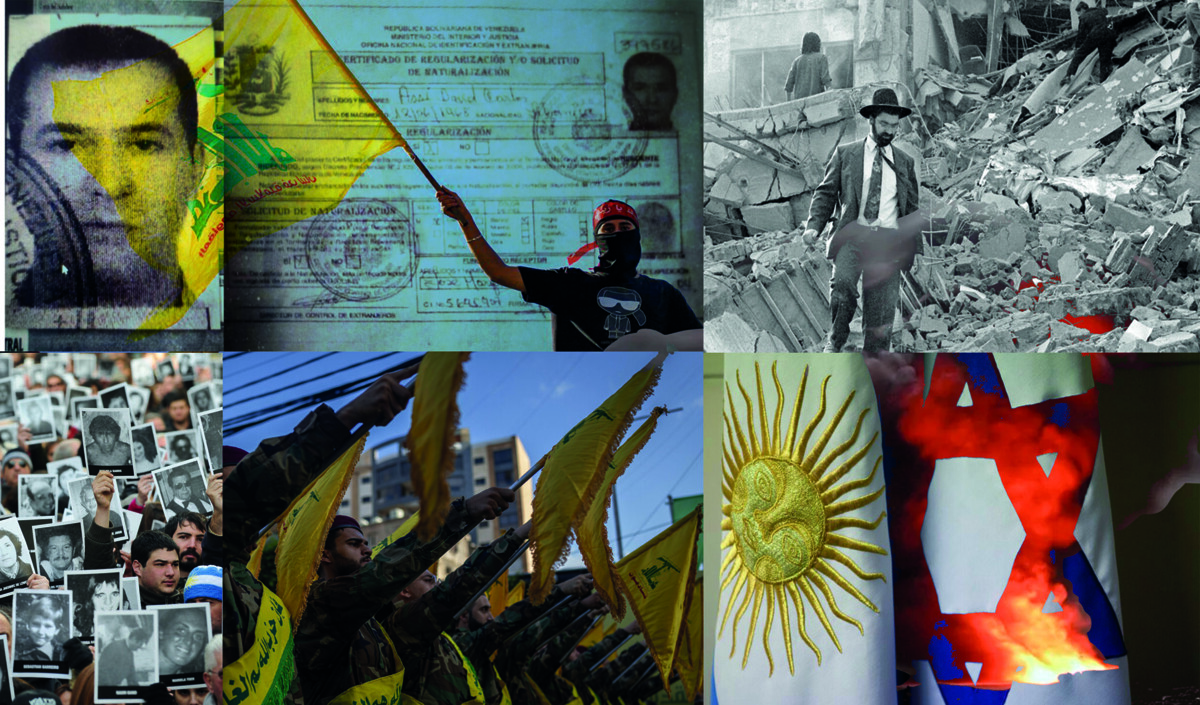
According to Ottolenghi, there are lacking legal instruments to pursue Hezbollah in Latin America, as, except for five countries, it is not considered a terrorist organization. In Brazil, the businesses of Salman Raouf Salman, a member of Hezbollah linked to the AMIA attacks, remain active.
Security expert Danilo Gelman warns that the AMIA network, linked to Hezbollah and Iran, still represents a latent danger for Argentina and the region. Ottolenghi mentions that Hezbollah's presence in Bolivia for cocaine trafficking could increase, as they use this means to finance their terrorist activities.
Ottolenghi highlights that the person responsible for the attacks in 1994 is still active and has greater responsibility in operations in Latin America. Minister Bullrich warns about Karaki's links to attacks in Colombia, Peru, and Bolivia, also pointing out the arrest of an Iranian in Peru recruiting ex-convicts for an attack.
According to Ottolenghi, the lack of information in Bolivia complicates investigations, further aggravated by the strong relationship between Tehran and La Paz. Hezbollah's presence in the region is a threat due to its ability to finance itself with illicit activities like drug trafficking in Bolivia.
Bullrich mentions Karaki's close contacts with criminal groups in Latin America, facilitating the preparation of attacks. Ottolenghi highlights that Hezbollah adapts and establishes strong logistical and financial networks in the region, taking advantage of corruption and the lack of border control.
The threat persists due to the impunity in the AMIA case, the consolidation of Hezbollah networks in the Triple Frontier, and its financing through illicit activities. Experts point out the need for a comprehensive strategy to confront the threat, which includes international cooperation and dismantling the terrorist group's networks.
In conclusion, the presence and activities of Hezbollah in Latin America represent a latent risk for the region, as they exploit structural weaknesses to operate with relative freedom, financing their terrorist actions through illicit traffics and adapting to changes in the political and social landscape.














